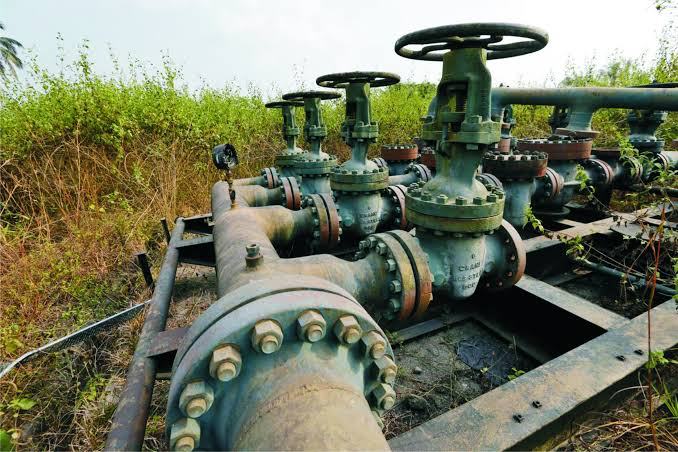Oil majors like Exxon Mobil and Shell seeking to exit Nigeria’s onshore oil fields may receive faster approvals if they agree to take responsibility for cleaning up environmental spills. This proposal by the Nigerian Upstream Petroleum Regulatory Commission (NUPRC) aims to strike a balance between accelerating the majors’ departures and safeguarding the environment and local communities.
Expedited Exit or Regulatory Delays: A Choice for Oil Companies
The NUPRC presented two options to the oil companies during a meeting in Abuja. The first option offers a swifter approval process for companies willing to address existing oil spills and compensate impacted communities. However, this option requires the companies to retain responsibility for the assets until the cleanup process is complete.
The second option involves a more traditional exit strategy, where the NUPRC takes responsibility for identifying and assigning liabilities associated with the oil fields. This approach, however, could delay final approvals until August 2024.
Energy analysts warn that the faster exit option could come at a significant cost to the oil companies, potentially running into millions of dollars for environmental remediation and reparations. Choosing this option also exposes the companies to ongoing financial obligations until the cleanup is finalized.
The second option, while potentially reducing the financial burden on the oil companies in the short term, places them at the mercy of the regulator’s timeline for assigning liabilities. By waiving their right to a pre-determined approval date, the companies could face delays extending beyond August 2024.
Nigeria Seeks Responsible New Owners for Onshore Fields
The NUPRC emphasized its commitment to attracting new operators with the financial resources and technical expertise to manage the onshore assets responsibly. The commission has engaged consultants to conduct due diligence on the fields being relinquished by the oil majors. These fields hold an estimated reserve of 13.76 billion barrels of oil, along with significant reserves of condensate and natural gas.
The Nigerian government hopes a swift and transparent exit process, coupled with responsible new ownership, will ensure the long-term viability of the onshore oil fields and benefit local communities.
Source: Reuters



